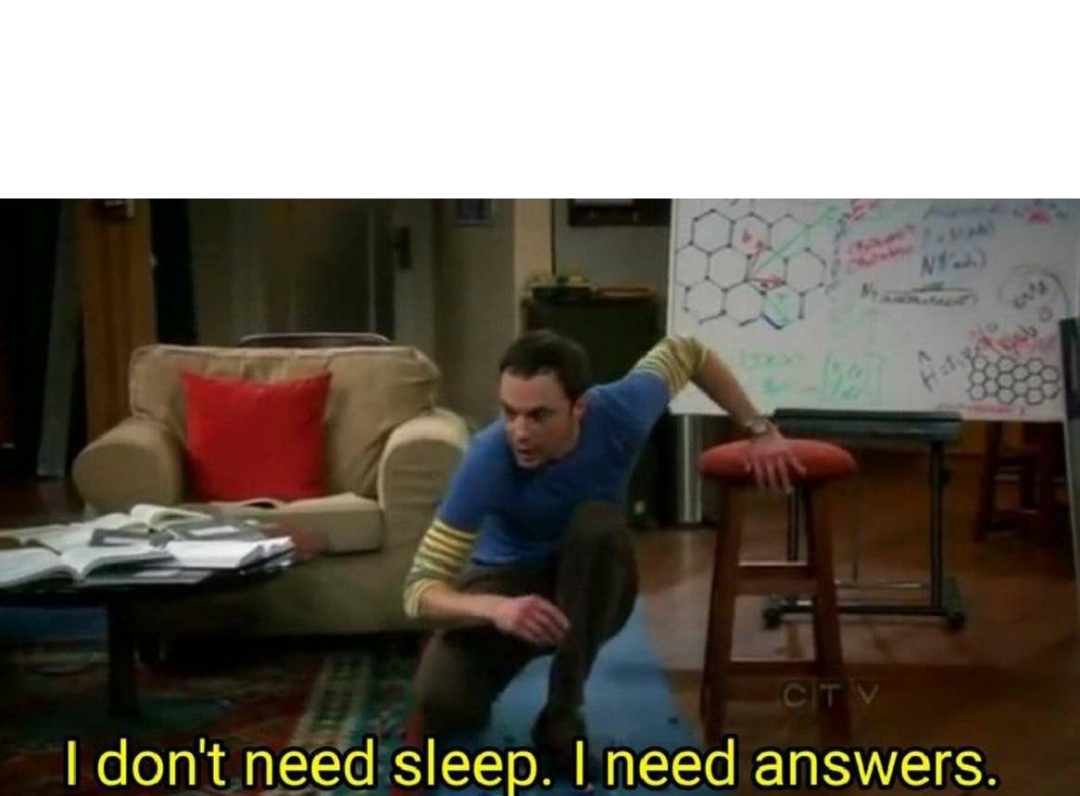
These include temporarily delaying the bedtime to more closely match the actual fall asleep time, using “check-ins” at bedtime, and providing positive reinforcement for staying in bed. If, after a thorough assessment, melatonin use seems appropriate in a given child with insomnia, it should never be a “stand alone” solution and should always be accompanied by behavioral interventions. Before considering melatonin, have your pediatrician conduct a thorough evaluation for other potential causes. There are many reasons why children may have trouble falling asleep: anxiety, restless legs symptoms (an urge to move the legs at bedtime, often associated with uncomfortable feelings in the legs), circadian rhythm changes (a “night owl” sleep preference), or a too-early bedtime are just a few. There is some evidence to suggest that extended-release melatonin may help with night awakenings in children, but there are far fewer studies to support this use, and the extended-release formulations typically require the ability to swallow capsules. It should be noted that the “immediate release” formulation does not help with difficulty staying asleep (melatonin levels in the blood peak at about 2 hours after it’s given). While melatonin can be an effective short-term solution to address bedtime problems, children with neurodevelopmental disorders may benefit from longer-term use in some cases.

There is good scientific evidence that melatonin can shorten the time to fall asleep in children with insomnia, including children with ADHD, autism, and other neurodevelopmental disorders. Studies suggest that use of synthetic melatonin does not suppress the body’s natural production of the hormone. A bedtime dose is typically recommended for children who have difficulty falling asleep. It has both a “hypnotic” (sleepiness-inducing) effect when given in larger doses (3 or 5 mg) shortly before bedtime and a “chronobiotic” effect (shifting the body’s circadian rhythms so that sleep occurs earlier) when given in much smaller doses (½ mg) earlier in the evening. Synthetic melatonin mimics the effects of our own melatonin. In the morning and during the day, it’s largely shut off. Melatonin is normally released by the brain in the evening, stimulated by darkness.

Our own melatonin helps regulate the circadian clocks that control not only our sleep/wake cycles but virtually every function of our bodies. The melatonin available over the counter at drug and health food stores is a synthetic form of a hormone our brains naturally produce to help us fall asleep. It is probably safe when used appropriately, at the correct dose for age, and in consultation with a health care provider. Their answer is: Melatonin may be beneficial for some children who have difficulty falling asleep, when the supplement is accompanied by a behavioral program to address the sleep problems. Michael Toce in the Division of Emergency Medicine, who specializes in toxicology and was a co-investigator on the CDC study. Judith Owens, co-director of the Sleep Center at Boston Children’s Hospital, and Dr. It found an alarming six-fold increase in the past decade in the number of children and teens reported to poison control centers for melatonin ingestion.

But is it really beneficial, and can your child take it safely? A recent study from the Centers for Disease Control and Prevention (CDC) raises some concerns. Perhaps your pediatrician has recommended it. You’ve heard melatonin - an over-the-counter hormone supplement - can help with insomnia. Illustration: Sebastian Stankiewicz/Boston Children's Hospital) Despite a recent alarm about accidental ingestions, melatonin is probably safe when used appropriately, at the correct dose for age, and in consultation with a health care provider.


 0 kommentar(er)
0 kommentar(er)
